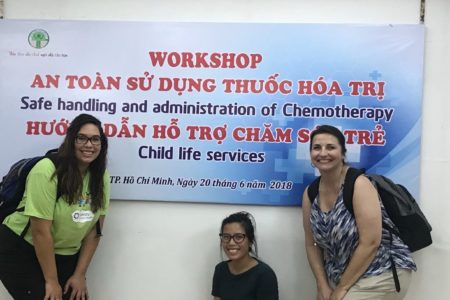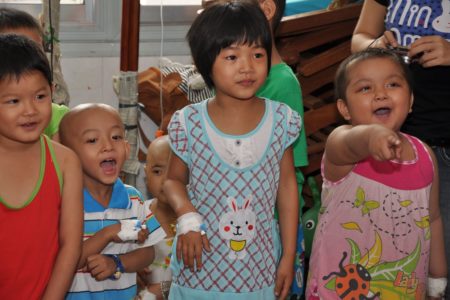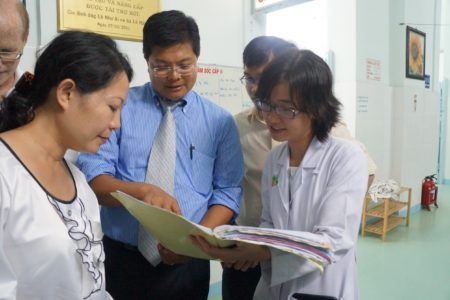Global Health
According to the AAP policy on providing care for immigrant, migrant, and border children, and because “immigrant children represent the fastest growing segment of the US population,” pediatric providers must be prepared to appropriately identify and care for migrant children. Globally, a rising number of children are displaced from their homes due to violence, persecution, or extreme poverty leading to increased risk for adverse childhood experiences, which have been clearly shown to impact mental and physical health.
Our institution’s geographic location, with proximity to the US/Mexico border, offers an opportunity to witness migrant patients from various backgrounds and circumstances. In South Texas, we serve an immigrant population that for generations has been integral to the fabric of the local community and leadership, but continues to face glaring disparities in health outcomes. Medical education for health disparities and global health has evolved over recent decades, becoming even more relevant as our society today grapples with questions of diversity, inclusion, and equity. Challenges in global health, such as health equity, access to care, and resource limitation, are mirrored in the challenges of caring for diverse, migrant populations within the US borders.
The UT Health San Antonio curricula aims to guide learners’ understanding of these issues at both the local and global levels. The program curriculum provides a unique integration of local and global experiences to achieve these competencies with a focus on the migrant experience. The overall goal of the UT Health Residency via the global health curriculum is to train pediatricians who understand the consequences of socioeconomic conditions on migrant children and families, who recognize the impacts of such life experiences on their health, and who can take an active role in advocating for their health and well being.



